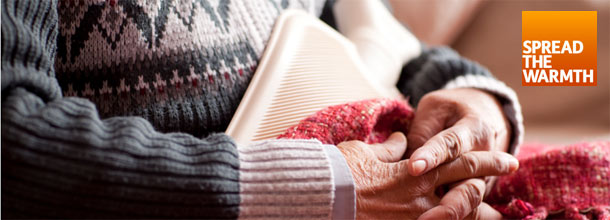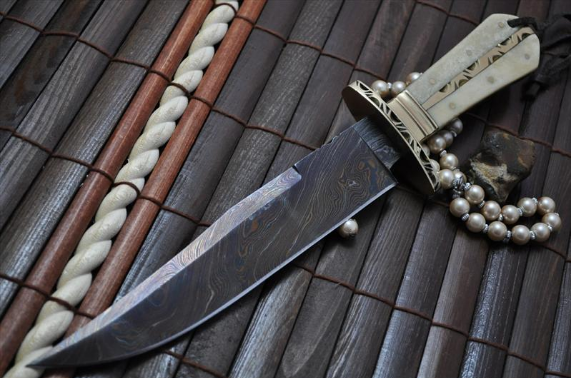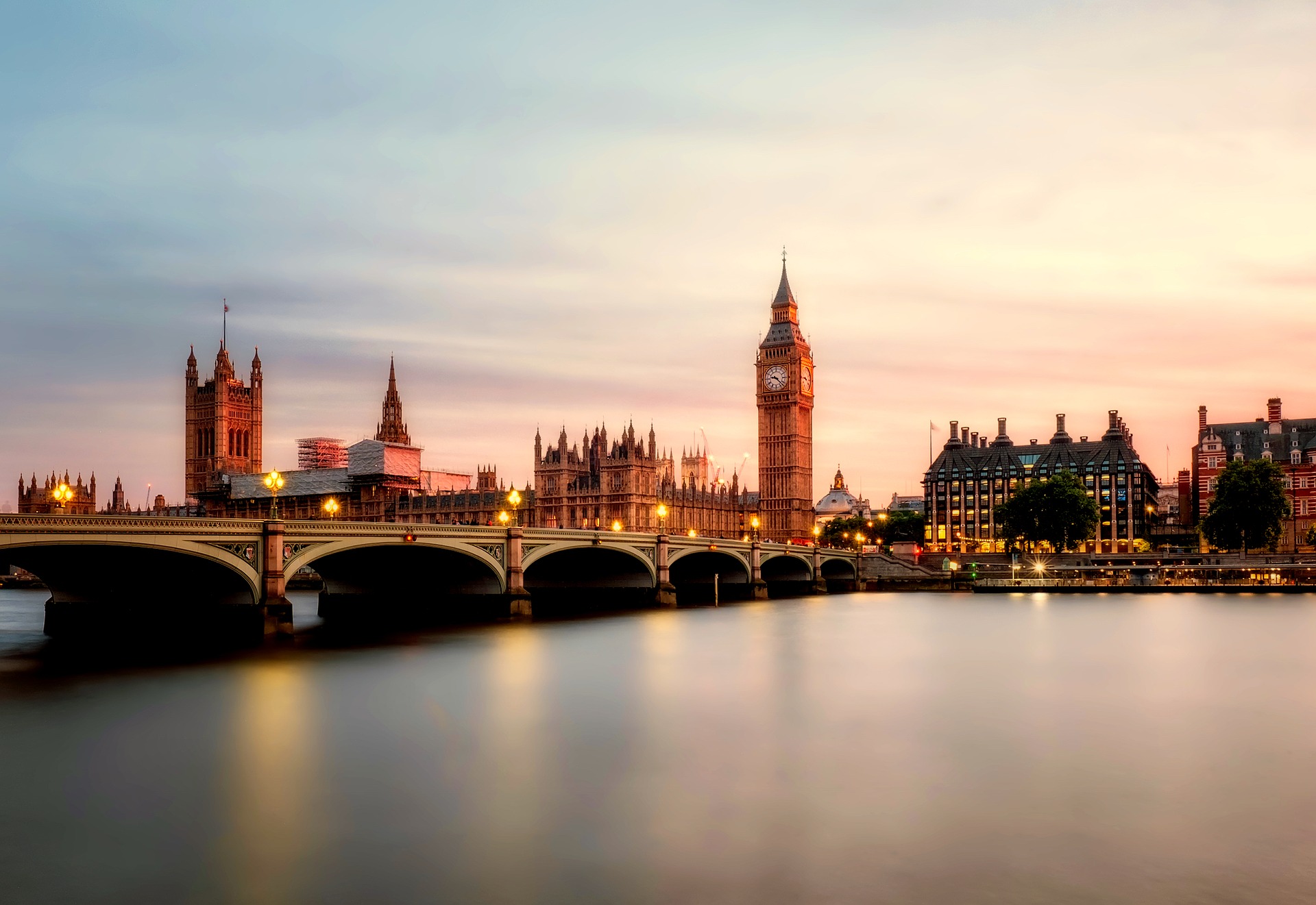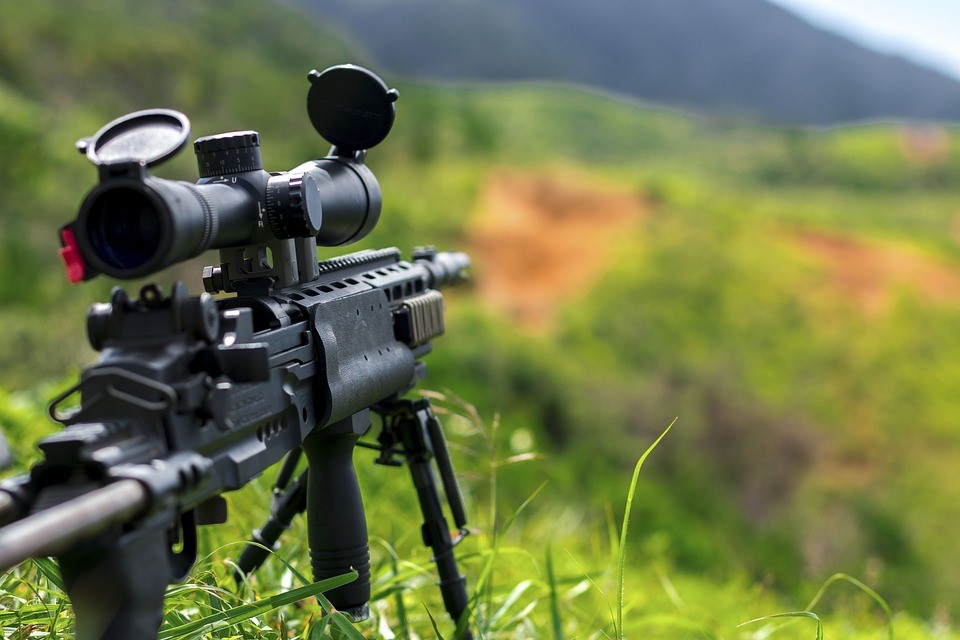We rarely think twice before making a purchase, especially at this time of year. As bargain hunters out to snap up a quick buy at cheap and low prices, we head directly towards those high street stores that we know are cheaper than their designer counterparts for the same products. Most of us have been made aware by regular PETA campaigns about purchasing products that were tested on animals, and we are aware that very cheap hand made products were stitched by child workers in overseas factories. In spite of this, the shocking origins of the most sought-after purchases are still being uncovered.
For example, this year alone some disturbing stories have come to light which highlight the true tortures surrounding mass production. Most recently, the true production process of angora wool has been uncovered. Favourite high street retailers Zara and GAP are among those under fire for their use of angora wool in knitted woollen products. In response to consumer backlash against animal cruelty claims surrounding the production of the wool, the majority of high street store have pulled all lines from their stores and ceased contracts with the companies who source and provide the wool. So what is the issue? When people think of wool they falsely imagine sheep that are sheared once or twice a year. Angora wool actually comes from rabbits, but rather than obtaining their fur like you would do wool from a sheep, rabbit fur or angora, is actually just fur, and is obtained in the same manner as other pelts. That is, the rabbits are kept alive like battery chickens, in small cages, and skinned every few months in order to get their fur. The same rabbit can be skinned multiple times before their health fails to the point where they are no longer producing adequate fur. The majority of these fur farms are found in China. Do you really know the origins of all of your clothing?
While this is a shocking case, it is by no means unusual. Crocodile farms are commonplace in Australia, although they are treated more humanely until their eventual slaughter. While the majority enjoy company in large farms and are free to interact with other crocodiles, they are still confined to the space within the farms. The most prized crocodiles are segregated to avoid any damage to their scales prior to growing to full size. Fights with other crocodiles pose a threat to the value of their skin so they are isolated in small outdoor areas their entire lives. Their surroundings are not actually natural either. Any factor that may affect the value of their skin negatively is removed. These products are not found on the high street though. They are mostly very expensive but used extensively in designer products.
Humans are by no means exempt from such cruelties. While the images of children in sweat shops are disturbing, it is the effects of the Western consumerism that has the greatest impact on these people. Earlier this year, an unsafe factory that supplied clothing for stores like Primark, GAP and H and M, collapsed, killing hundreds and maiming others. Those who survived immediately lost their jobs. Only Primark has tried to help the victims’ families by offering funding and aid, although this has had no impact on the hundreds who were put out of work and face the regular problems of the unemployed. What is most shocking about this is that the factory was deemed too unsafe to step inside, and yet, these companies made no effort to relocate.
Whilst it’s a nice idea to source everything you buy and only buy ethically produced products, it is also, quite unrealistic, as companies go to great lengths to keep these things hidden. But next time you are tempted to pick up a bargain, ask who is really paying for it?







